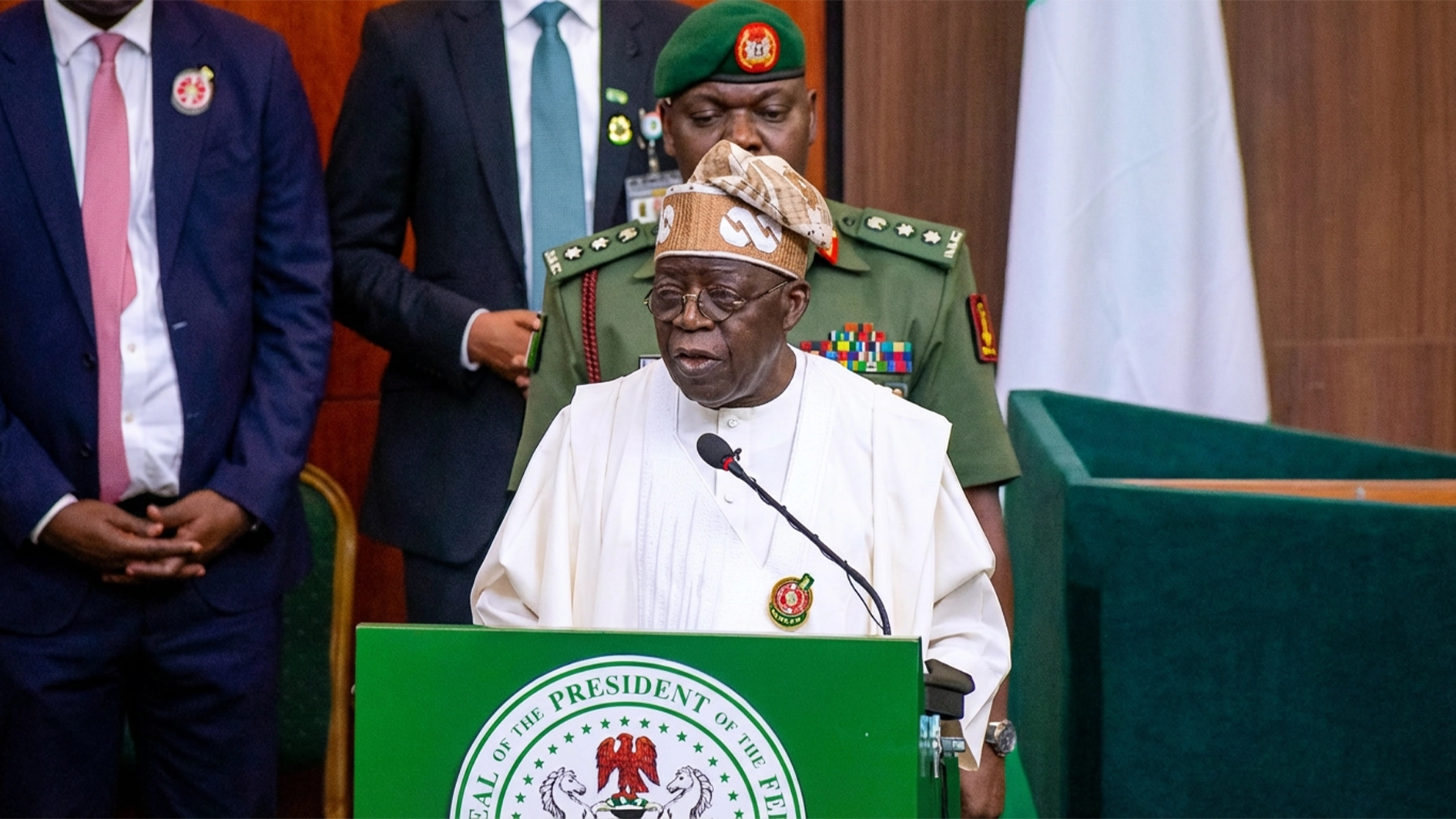By Joke Falaju
The Federal Government has unveiled plans to formulate a new policy that would ensure sustainable Almajiri education reform in the country.
The Minister of State Education Prof. Suwaiba Ahmad, disclosed this in Abuja at a one-day presentation of Civil Society Organisations position on the Revitalisation of the Almajiri- Tsangaya System of Education in Nigeria
She explained that the aim of the policy was to provide adequate mechanisms for the operation of Almajiri schools in Nigeria.
The minister emphasised that the “bottom-up” policy approach would engage communities and state governments to ensure sustainable Almajiri education reform.
The Minister said “We want to ensure that each and every Almajiri, not only benefits from Islamic education, Quranic memorisation, but also has the opportunity to be a functional and effective member of the society.”
She disclosed that the ministry has begun a process of developing a national policy on Almajiri and will also sponsor a bill to the National Assembly.
Ahmad highlighted some of government plan to include infrastructure upgrades and legal safeguards, targeting Almajiri welfare, teacher incentives, and parental accountability to break the cycle of neglect.
The Executive Secretary, National Commission for Almajiri and Out-of-School Children (NCAOOSCE), Dr Muhammad Idris, bemoaned severe abuses against Almajiri children, citing cases of blindness, sodomy, and starvation, while condemning systemic neglect and discrimination.
Idris commended President Bola Tinubu’s commitment to reforming Almajiri education and thanked education ministers for their relentless efforts to end child street begging.
He expressed hope for policy changes, urging collective action to integrate Almajiri children into society through education and welfare reforms.
The Country Director, PLAN International, Charles Usei, revealed that plan International was spearheading a revitalised effort to reform Nigeria’s Almajiri education system.
Usie criticised past policies for lacking implementation frameworks and legal backing.
“You can only have so much policies that don’t make sense if you don’t bring it to action. Once there is no policy legislation, the government doesn’t prioritise it,” he said.
Ussei said that PLAN had launched pilot programmes in Sokoto and Adamawa to test models that integrates Quranic education with basic literacy and science. “We’ve shown this model works but we need policy backing and accurate data.”
He noted that the initiative pushed for accountability, demanding the Almajiri Commission to produce reliable data and secure legislation to ensure sustainability amid disputes over UNESCO/UBEC statistics that have stalled progress for decades.






